This article was co-authored by Liana Georgoulis, PsyD. Dr. Liana Georgoulis is a Licensed Clinical Psychologist with over 10 years of experience, and is now the Clinical Director at Coast Psychological Services in Los Angeles, California. She received her Doctor of Psychology from Pepperdine University in 2009. Her practice provides cognitive behavioral therapy and other evidence-based therapies for adolescents, adults, and couples.
There are 12 references cited in this article, which can be found at the bottom of the page.
This article has been viewed 22,103 times.
Antisocial personality disorder is characterized by impulsive, reckless, and destructive behavior. People with this often have no empathy or a lack of feelings, and they manipulate or hurt people. They often partake in criminal behavior, which leads to trouble with the law or jail time. Antisocial personality disorder is considered one of the most difficult personality disorders to treat.[1] To help your loved one, you can try to encourage them to get treatment, support them as they go through treatment, and set boundaries to take care of yourself.
Steps
Encouraging Treatment
-
1Learn about antisocial personality disorder. One way to help your loved one and encourage treatment is to learn as much about the disorder as you can. People with antisocial personality disorder often seem to disregard or violate others, fail to adhere to rules and social norms, and have no remorse.[2]
- Those with antisocial personality disorder are often deceitful and manipulative. They lie, steal, or con people for their gain.
- They often are impulsive, reckless, and aggressive, which leads to fights.
- Talk to a doctor or therapist about antisocial personality disorder, or search online or buy books to read about the disorder.
-
2Suggest treatment. Due to the nature of antisocial personality disorder, many people with the condition won’t seek treatment. You can try to suggest that your loved one get help for their personality disorder. Explain that you care about them and want them to get help for their behavior.[3]
- Many people with this disorder will only seek treatment if forced to by a court system.
- Because one of the symptoms of ASPD is a suspicion and dislike of authority figures, often the person sees a therapist or doctor as an authority figure they can’t trust. This leads to a bad relationship.
- Try saying, “I care about you, and your behavior has started to worry me. I think you would benefit from medical treatment.”
Advertisement -
3Encourage psychotherapy. Psychotherapy is the most common treatment for antisocial personality disorder. In therapy, the therapist will work with the person to set goals, improve relationships, and develop coping skills. Therapy will also address your loved one’s feelings or lack of feelings, along with their antisocial tendencies.[4]
- Therapy may also work on trying to connect behavior with feelings or emotions.
-
4Suggest a support group. Support groups can be very helpful if your loved one finds the right support group. The support group should be focused specifically on antisocial behavioral disorder. This will give your loved one a chance to connect with others going through similar situations and share their experiences.[5]
- In a support group not tailored specifically to ASPD, your loved one may remain detached and emotionally distant. Some support groups can turn into places where they reinforce negative behavior, like talking about how to engage in criminal behavior.
- Talk to your loved one’s doctor or a local hospital to try and find a group in your area. You can also search online for a support group in your area.
-
5Avoid threatening to get your loved one to go to treatment. Your loved one may not want to go to treatment, even after you have tried to convince them to. If this is the case, don’t try to threaten the person to make them seek treatment. This will only push a person with ASPD further away and make them more resistant.[6]
- You may feel tempted to give your loved one threats like you will tell the court they are not in compliance with their orders if they don’t go to therapy.
- Instead of threatening, try to help your loved one come up with reasons to continue or start treatment. You may explain that if they go to treatment that they have a better chance of getting out of trouble with the legal system and not going to jail again.
-
6Be prepared for any reaction. People with personality disorders often have trouble accepting that they have a disorder. Someone with antisocial personality disorder may have particular problems with this idea due to the nature of the disorder. When you approach a person with ASPD about treatment, be prepared for any response.[7]
- Some people may not know they have a problem, so you may have to provide examples of their behaviors. Others may be in denial or refuse to believe there is a problem.
- Some people with ASPD may be resistant or angry if you bring up the possibility that they have a personality disorder.
Providing Support
-
1Support your loved one through treatment. If your loved one agrees to treatment, it may not be easy for them. Many people with ASPD have no empathy or a lack of feelings. This can make it difficult for them when they start getting in touch with their feelings or trying to navigate emotions. Offer love and support for your loved one as they go through this process.[8]
- Treatment may be challenging for your loved one at times. They may get overwhelmed or upset, or they may get frustrated and want to quit. Continue encouraging them and being there as much as you can.
-
2Be understanding of your loved one through emotional discovery. As your loved one tries to uncover emotions and become more comfortable feeling them, they may go through a lot of emotional cycles. Be supportive of all these emotions because any emotion that isn’t anger or irritation is a good thing.[9]
- For example, many people with ASPD end up feeling depressed for a short while. Help them to understand and identify that these emotions are connected to depression or sadness.
- Be supportive of them during this time by understanding, listening, and helping them in any way they need to.
-
3Build an emotional connection. One thing that may be done to help your loved one is to work on building an emotional connection. Most people with ASPD have few emotionally significant relationships in their lives. You may try to build an emotional connection with your loved one.[10]
- You may need to work with a therapist to find ways to connect emotionally with your loved one.
- You cannot make your loved one feel emotions or start to address their emotions. This has to be done with the help of a therapist. Once your loved one starts to embrace their emotions, you can start to try and connect to them.
-
4Make them face their consequences. One way you can help your loved one learn to cope and accept their condition is to help them face the consequences of their actions. For a person with antisocial personality disorder, this is often extreme, like jail or through the legal system.
- Make your loved one aware of the destructive behavior they are engaging in, like lying or stealing, getting into fights, or hurting their loved ones.
Taking Care of Yourself
-
1Seek treatment for yourself. Because those with ASPD can physically, mentally, or emotionally harm you, you should seek mental health treatment for yourself. Talking with a therapist can help you work through your complex emotions and learn coping skills. [11]
- You may need to learn to set boundaries or protect yourself.
-
2Go to family therapy. Family therapy can be very helpful when your loved one has antisocial personality disorder. Family therapy can help you and other family members learn more about your loved one’s disorder and learn how to help. Family therapy may also help you understand more about your loved one’s mindset and character.[12]
- ASPD can cause a lot of misunderstanding and confusion for the loved ones. Family therapy may give you a place to express your feelings, learn how to interact with your loved one, and cope with your feelings.
- You may also try a support group for families of those with antisocial personality disorder.
-
3Set boundaries. You may have to set boundaries with your loved one due to their behavior. These boundaries are created to protect your physical, mental, and emotional well-being. Be clear in what your boundaries are and insist that your loved one respect your boundaries.[13]
- Your loved one may be aggressively violent, which may lead to physical harm to you or other family members. They may also be unnecessarily reckless and put people in harm. You may have to come up with physical boundaries, like only seeing them at certain times. You may have to demand that they not scream at you, physically touch you, or hit you. You may also have to refuse to ride in a car with them, for example. Try saying, “I am willing to talk, but you will not touch me or scream at me.”[14]
- Your loved one may manipulate you, lie, or steal. They may do or say things to hurt you or damage your relationship. This may lead to emotional or mental boundaries. You may have to distance yourself or tell your loved one, “We can see each other, but not if you are going to yell at me or lie to me.”
- People with ASPD may take advantage of any caring or compassion. You may need to protect yourself by setting boundaries for yourself. You may say, “I care about you and support your treatment, but I will not allow you to take advantage of me.”[15]
-
4Find a support system. You will probably feel a lot of different emotions as you try to convince your loved one to seek treatment and try to deal with their personality disorder. You may feel hopeless, sad, or depressed. You should find a support system of people you can lean on and talk to when you get overwhelmed.[16]
- These people may be friends or family who are connected to your loved one, or people who don’t know them at all.
- You may ask other family members or friends of your loved one to help you. You can’t do everything by yourself.
-
5Take a step back. There may come a time when you need to take a step back. Your loved one may be resistant to treatment, in denial that something is wrong, or engaging in destructive or harmful behavior. Your loved one may be lying and stealing from you, treating you badly, or manipulating you. If you find yourself in a stressful situation, dangerous situation, or situation where you feel unsafe, take a step back.[17]
- This means you may have to remove yourself from your loved one’s life or do something else to ensure your safety and emotional well-being.
References
- ↑ http://www.nhs.uk/conditions/antisocial-personality-disorder/pages/introduction.aspx
- ↑ http://outofthefog.website/personality-disorders-1/2015/12/6/antisocial-personality-disorder-aspd
- ↑ http://outofthefog.website/personality-disorders-1/2015/12/6/antisocial-personality-disorder-aspd
- ↑ http://psychcentral.com/disorders/antisocial-personality-disorder-treatment/
- ↑ http://psychcentral.com/disorders/antisocial-personality-disorder-treatment/
- ↑ http://psychcentral.com/disorders/antisocial-personality-disorder-treatment/
- ↑ http://www.psychguides.com/guides/how-to-help-someone-with-personality-disorders/
- ↑ http://www.addictionhope.com/mood-disorder/antisocial-personality/treatment/
- ↑ http://psychcentral.com/disorders/antisocial-personality-disorder-treatment/
- ↑ http://psychcentral.com/disorders/antisocial-personality-disorder-treatment/
- ↑ http://www.mayoclinic.org/diseases-conditions/antisocial-personality-disorder/manage/ptc-20198998
- ↑ http://psychcentral.com/disorders/antisocial-personality-disorder-treatment/
- ↑ http://www.addictionhope.com/mood-disorder/antisocial-personality/
- ↑ http://www.dualdiagnosis.org/antisocial-behavior-drug-addiction/
- ↑ http://www.counselling-directory.org.uk/antisocial.html
- ↑ http://www.addictionhope.com/mood-disorder/antisocial-personality/treatment/
- ↑ http://www.addictionhope.com/mood-disorder/antisocial-personality/treatment/
- ↑ Liana Georgoulis, PsyD. Licensed Clinical Psychologist. Expert Interview. 6 September 2018.
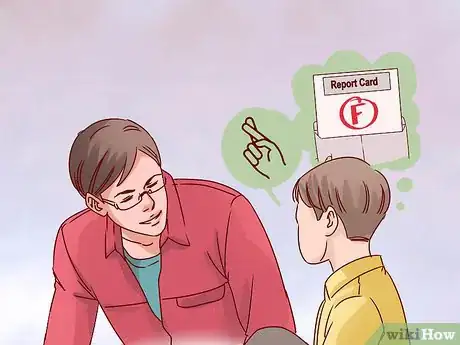
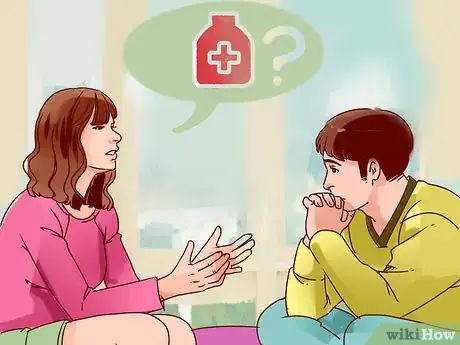
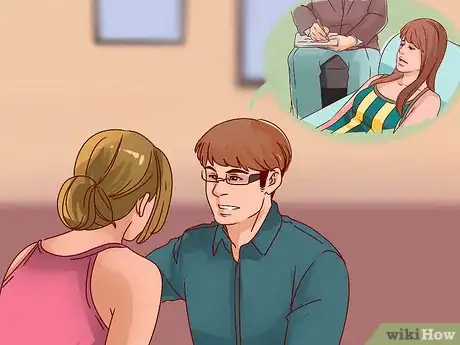
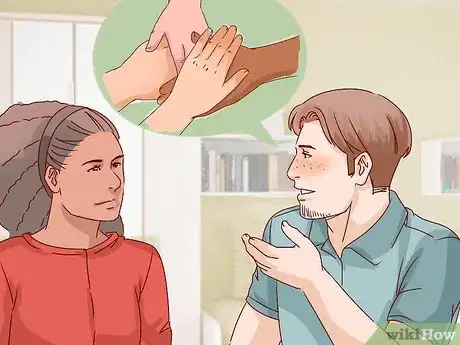
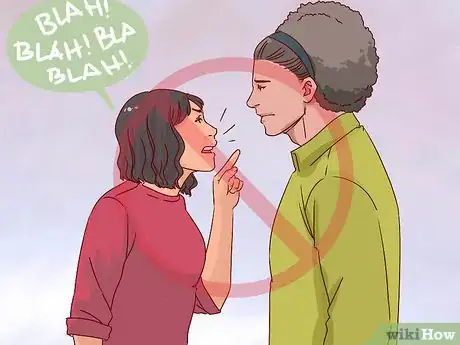


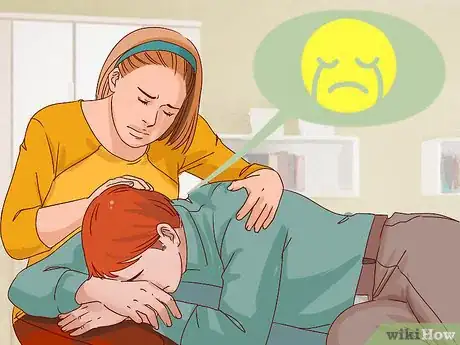

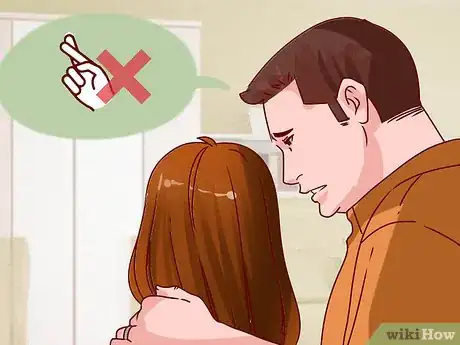
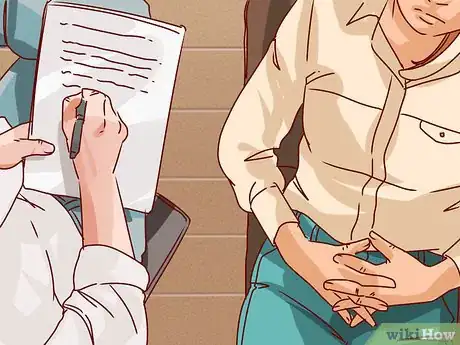
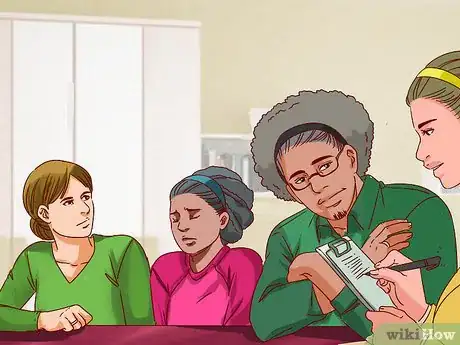

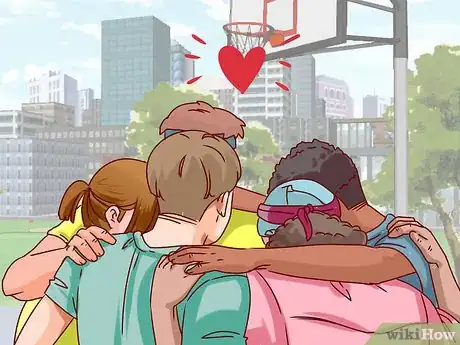







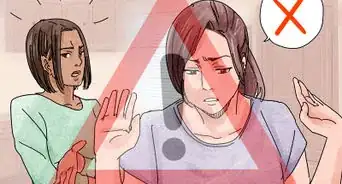




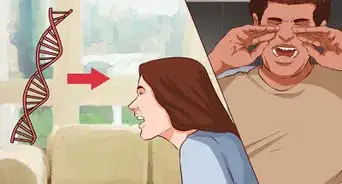

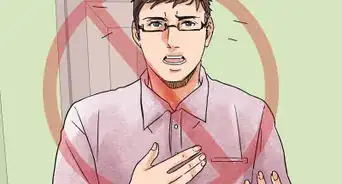















































Medical Disclaimer
The content of this article is not intended to be a substitute for professional medical advice, examination, diagnosis, or treatment. You should always contact your doctor or other qualified healthcare professional before starting, changing, or stopping any kind of health treatment.
Read More...